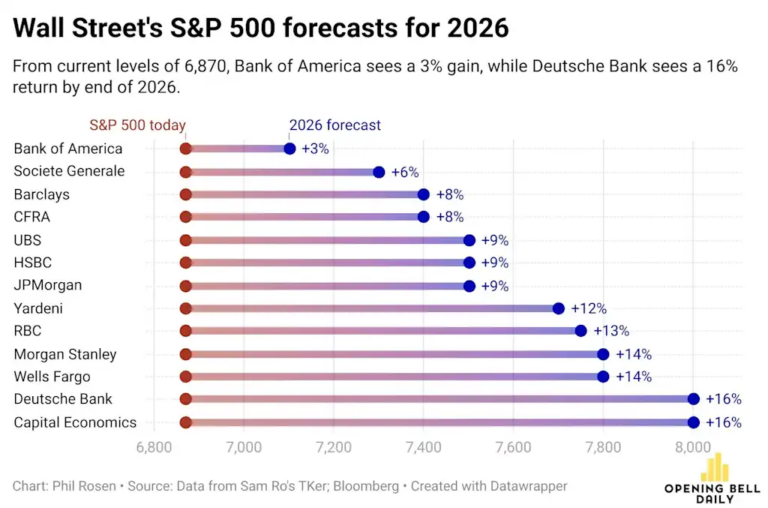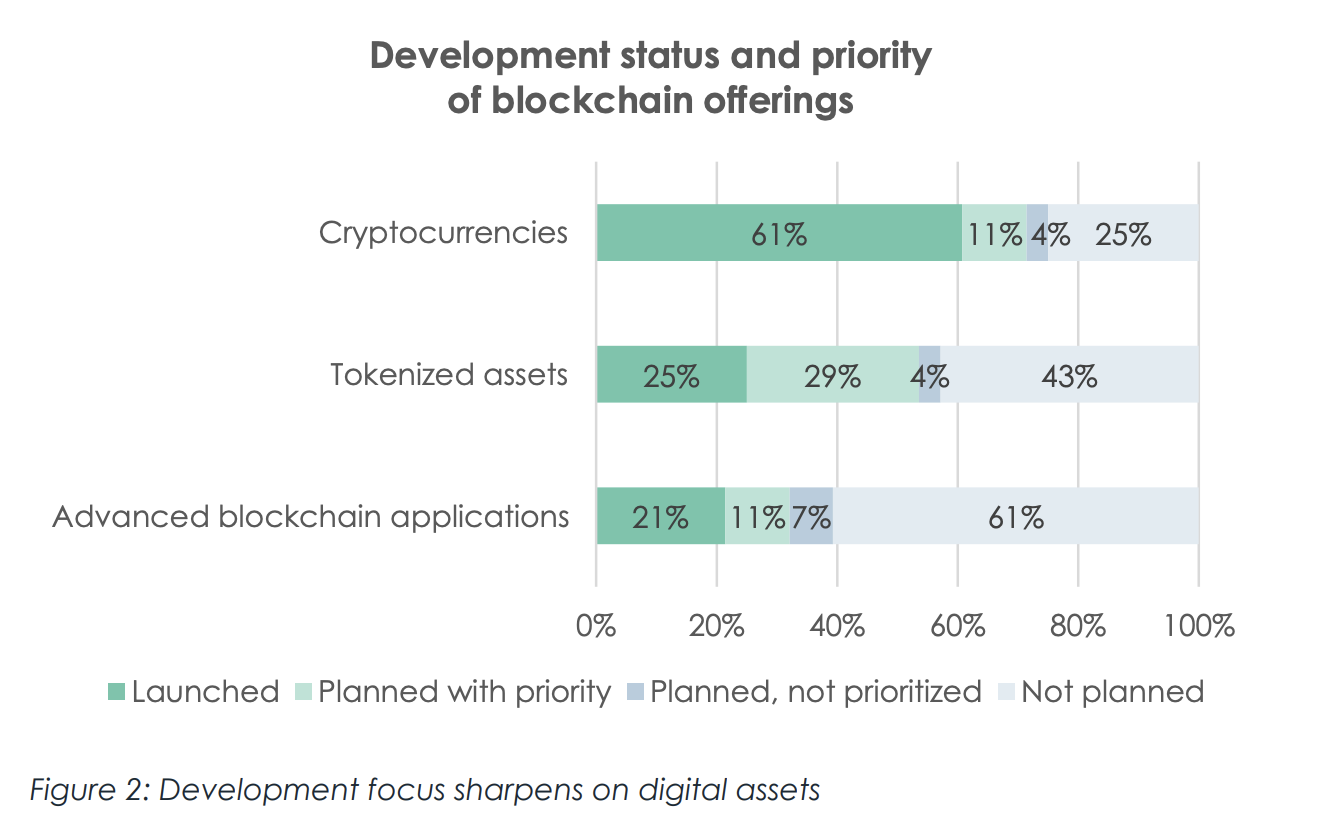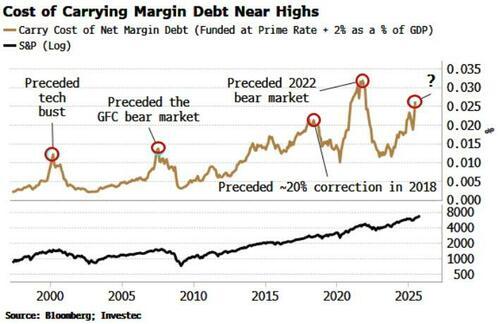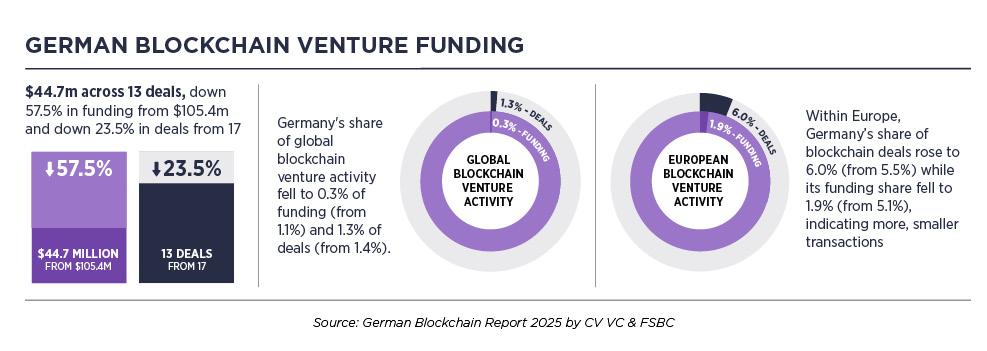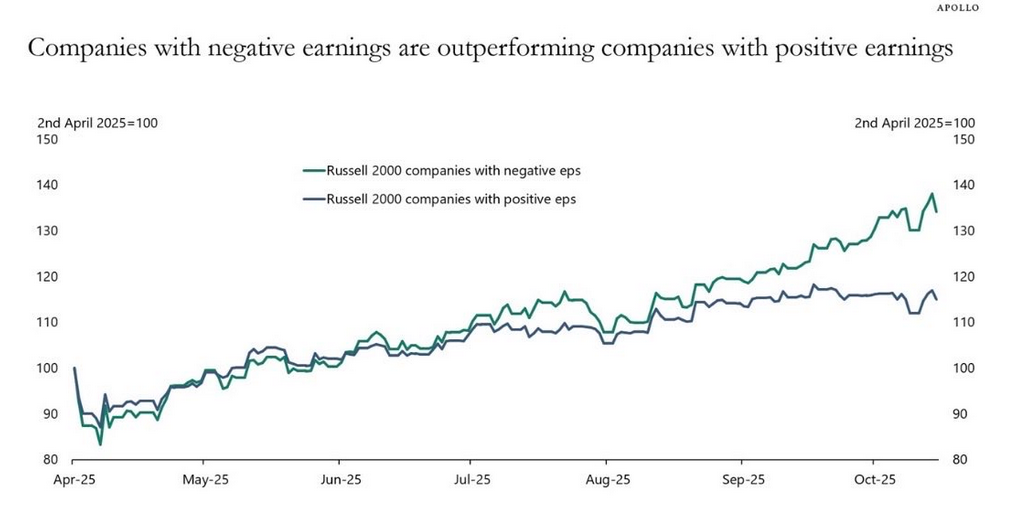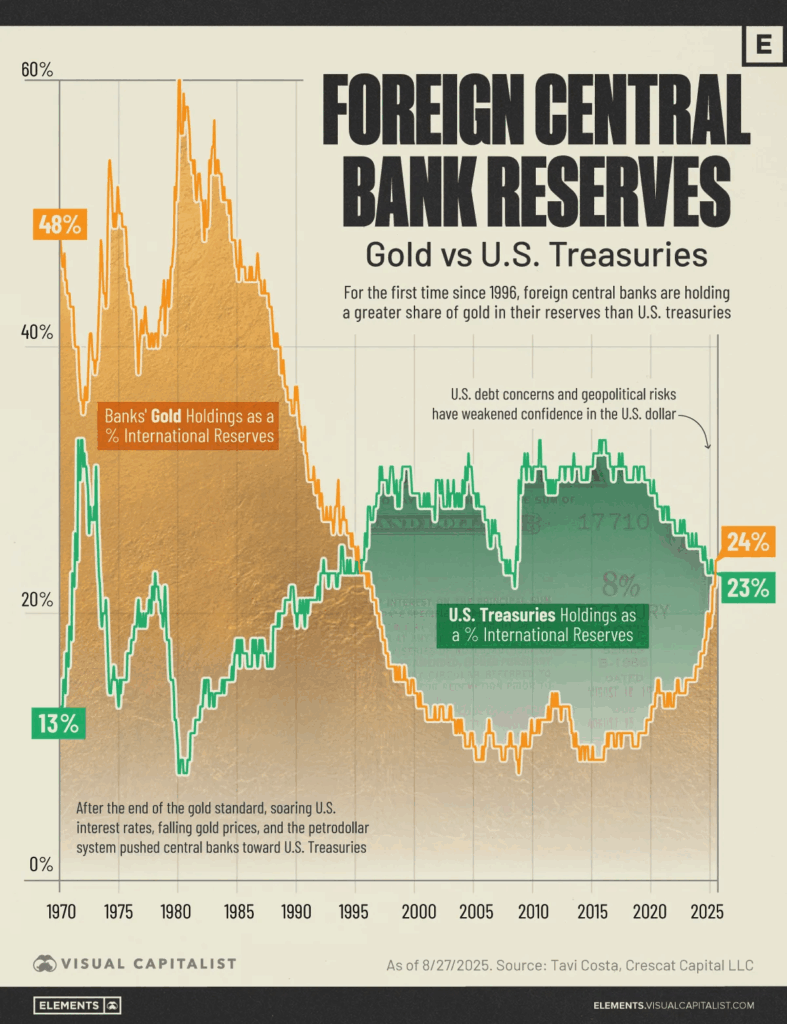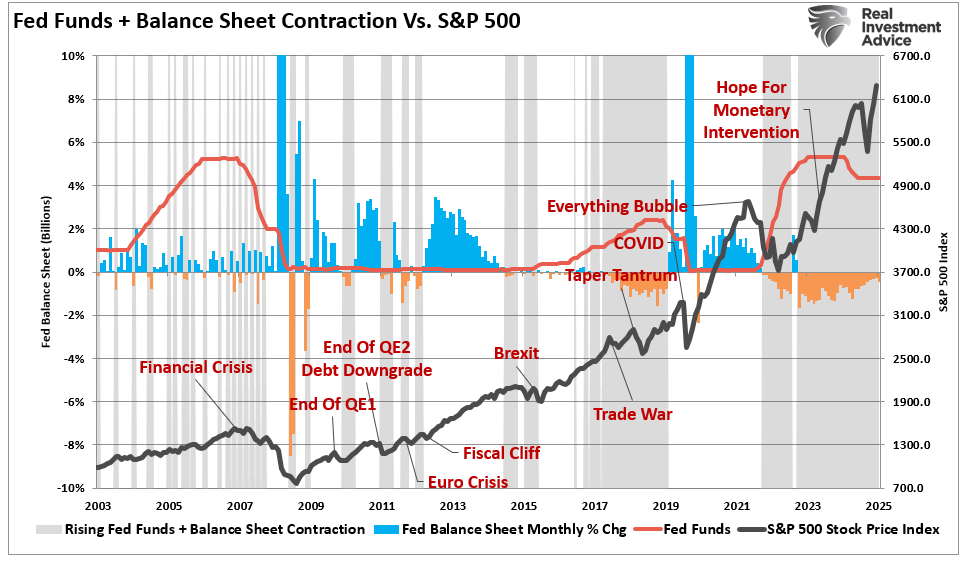Submitted by Christoph Gisiger via Finanz und Wirtschaft,
Kenneth Rogoff, Professor of Public Policy at Harvard University, postulates to get rid of cash. In his opinion, killing big bills would hamper organized crime and make negative interest more effective.
Kenneth Rogoff makes a provocative proposal. One of the most influential economists on the planet, he wants to phase out cash. «Paper currency lies at the heart of some of today’s most intractable public finance and monetary problems», he writes in his brand-new book «The Curse of Cash».
In it, he highlights that today it’s mostly large scale criminal organizations that are still depending on cash to go after their business. Also, in a world without big bills negative interest rates would work much better, argues the professor at Harvard University. In an extensive interview, he’s also expressing severe concerns about the banking system in Europe and about the economic slowdown in China
Professor Rogoff, you are proposing to get rid of cash. Why?
I actually favor a less cash society over a cashless society. Currency has a lot of important uses which are not so readily replaced in the foreseeable future. The use of cash in the legal economy is very concentrated in small purchases where I guess it’s convenient. It’s also used in poor communities. But it’s different with big bills. Their importance for large legal and tax compliant transactions is rapidly diminishing. In the United States for example, the last careful survey found that cash was used and accounted for only about 14% of the value of all transactions. Now it has probably fallen closer to 12%. And in the Scandinavian countries cash usage is certainly under 5% of the value of transactions now.
So why do you argue for government intervention since the trend is already going towards a natural phase out of cash?
In most of the advanced countries cash is used and held by people who are engaged in crime and tax evasion. Also, cash plays a huge role in black labor and illegal immigration. If employers couldn’t pay workers off the books in cash it would basically hugely reduce illegal immigration, particularly in the United States. That’s why I say: Big bills are a curse. Of course, I don’t pretend that eliminating large bills is going to somehow change human nature and end tax evasion, crime and illegal immigration. But if we can reduce it even a few percent it’s worth doing. That’s sort of my basic argument. It’s a very simple and sane proposal – especially compared to Donald Trump’s proposal to build a wall against illegal immigration.
But if it’s so simple, why didn’t we get rid of cash a long time ago?
I have been working on this topic for more than twenty years. I wrote a paper already in 1998 that covers a lot of the issues. There are two important reasons for the slow progress. One certainly is that central banks and treasuries think that they’re making a lot of money with cash. But it’s penny-wise and pound-foolish to think that this is a money maker. True, cash is a form of interest free debt and if the government didn’t issue cash it would have to issue debt to pay for the same expenditures. Of course, with today’s low interest rates it’s really not very impressive because government debt is so cheap. But potentially some day it would be more. Also, what I argued already twenty years ago is that if you could cut tax evasion by 10% – and the IRS certainly suggests that’s likely – than you would already be more than covering all the lost revenues from printing money.
What kind of amounts are we talking about here?
There is very good data for the United States where tax evasion, counting all levels of government, is about $700 billion per year. The Internal Revenue Services has done very careful studies for many years and they find that a large amount of this is concentrated in small and medium businesses. Compared to that, the kind of tax evasion that’s been in the news a lot, about people putting money abroad in Switzerland and or in Luxembourg is actually relatively small. It’s much smaller than the tax evasion that occurs within the United States by people who just don’t report their income.
And what’s the other reason for the slow progress to phase out large bills?
There is a very small but strong lobby who pushes very aggressively to keep cash. Also, there are people who just don’t think that they should pay their taxes and don’t want to be forced to pay their taxes. In the United States, there seems to be a big overlap between the people who want to keep large bills and people who are against stopping people from buying semiautomatic weapons. It’s this mentality of “I don’t trust the government, the IRS is going to invade me.” Of course, that’s just a stupid argument. If you have a totalitarian state that wants to take your cash, the government can just inflate.
But many people are just concerned with respect to their privacy.
Each country is different. If Japan phases out paper currency, that doesn’t mean Switzerland has to do that, too. But I argue that there has to be a balance between the individual right to privacy and the government’s right to enforce tax laws and criminal laws. That’s why I would leave around small bills. For instance, for the US I’m leaving ten dollar bills. I guess that would be about ten francs in Switzerland. So you can buy something for one or two thousand dollars rather easily with ten dollar bills. But if you want to buy something for a hundred thousand or a million dollars it starts to get much more of a burden. So I’m trying to find a way to make it difficult to run a human trafficking business or commit extortion of big scale corruption without necessarily interfering with ordinary people and their day to day life.
Then again, criminals could just switch to Bitcoins.
I’m not advocating Bitcoins or other cryptocurrencies as an alternative to cash. Not at all. I think they need to be regulated.
Do you think that getting rid of big bills should be based on a democratic vote?
Of course, Switzerland is the home of referenda and I think people in Switzerland are able to use them in a pretty constructive way. So maybe for Switzerland a referendum would be a good idea. But for most countries I think it would be ridiculous to put something like this to a vote. In the Unites States, the Treasury today already has the right to issue 500 dollar bills or to get rid of 100 dollar bills. For that matter, I also think putting the Brexit question to a popular vote was a historic mistake. If you are going to have a big change like that you want a clear majority. It ought to require a lot more than a simple majority in a one-time vote.
Nevertheless, critics say that the true intention of your proposal is just to make it easier for central banks to push through with unconventional policies like negative interest rates.
As a matter of fact, a second consideration which we can come to is that if we take away the larger denominations it’s one very important step towards enabling central banks to have much more effective tools in fighting a financial crisis and in particular to use negative interest rates in an effective way. Right now, they’re very limited because if you set interest rates too negative big players will hoard cash.
Yet, so far negative interest rates seem to scare the financial markets.
Central banks have only been able to tiptoe into negative rates. What I imagine is that negative rates are important if we have another deep recession, another financial crisis. I don’t imagine using this day to day. And if you make some legal institutional changes, negative rates would work just like normal monetary policy. A lot of these other policy tools like helicopter money or quantitative easing are difficult tools. Particularly when you’re buying private credit as the ECB does in Europe. So you’re using the central bank, which is a limited purpose institution, to run fiscal policy. I think that’s a very dangerous place to be, having the central bank to become a multipurpose institution, trying to do lots of things run by technocrats who are not elected. My proposal would deal with a lot of these issues without making the central bank a multipurpose institution. If you can have negative interest rates, it would sort of take the pressure of a lot of these other proposals. By that, it would narrow the remit of the central banks tremendously to the way it was before the financial crisis.
And what would you say to a pensioner for example who is worried about her savings because of negative rates?
You have to understand that monetary policy is not the driving force behind why rates or returns are low. There is a tremendous degree of fear out there. There is pessimism about the future and a lot of companies are afraid to invest. We are in a difficult return environment, no matter what happens. Central bank policy has little to do with that: real interest rates are negative. So I think people who are older and are trying to manage their savings probably need to think about diversifying more and having a larger share of stocks than the traditional wisdom was.
It’s now almost eight years since the outbreak of the financial crisis. Why is the economy still not gaining steam? Is this historically a typical syndrome after severe shocks to the financial system which you have written about with your colleague Carmen Reinhart in the bestseller «This Time is Different»?
In our book we made very much this point: After a financial crisis private credit markets take a long time to heal and growth tends to be slow for a very long time. Our forecast has been pretty much confirmed by what’s taking place.
So nothing’s different this time?
What had probably been harder this time is that the crisis occurred in such rich countries. So the governments had the ability to sort of evergreen. Greece is an example but there are many others. In the whole European banking system there are a lot of bad loans that have never been written down. If you’re a poor country in an emerging market you have to get on with business, write down the bad loans and move on. Instead, we have been paralyzed by that. It’s particularly true in continental Europe where the banking system is still very weak. For instance, the Italian banking system in many ways is still in crisis or reentering crisis. My preferred policy would have been to see the Europeans write down debt in all of the southern countries as I said back in 2009. And I would have liked to see the United States write down the debt of all the small subprime homeowners. Had we done both of those policies we would be growing much faster now than we are.
How bad is this situation?
To maintain the low rates in Europe they certainly used a tremendous degree of financial repression. The banks in Europe are basically forced to buy their national government debt. The Italian banking system is a good example. Why is the Italian banking system again entering crisis? Because they have a lot of bad loans on the books that were never resolved. And instead of investing in growing small and medium sized businesses where real innovation in capitalist economies comes from, they have basically been forced to invest in very unprofitable government bonds. Now, they are starting to lose more money on the bad loans and they’re running into trouble.
What would be your solution?
The banks should be forced to write down the bad loans and raise capital. That should have been done a long time ago. But that’s not going to happen. What we’re talking about now is watching the developed world devolve into a financial system that looks more like the one in developing countries. Central banks and the government play a much bigger role in credit allocation. The banks no longer have the same degree of independence. In France, they sort of already regard the banks as effectively nationalized. That may be good for controlling a banking crisis up to a point. But it’s not good for growth because you don’t have the credit allocation mechanism working well. The financial crisis has morphed into a growth crisis.
What are the consequences of that?
There are some countries that have done structural reform like Spain which I think are doing better. But a lot of countries are having difficulties. We’re watching France where President François Hollande has belatedly tried to do some things but he’s having a very hard time. One has to be very concerned about the economic and political dynamics in Europe. Brexit was an example. If growth continues to be this low it’s pretty easy to imagine populist policies and populist leaders being elected. This would not only reinforce the slow growth but potentially be a risk to the Eurozone and the European Union. It’s a time of great economic and political fragility. That’s a big concern.
And what’s your take when you look at the rest of the world?
The US economy clearly is doing much better than Europe or at least it’s recovery is much further along than Europe is. But there are many scars from the financial crisis. More of a concern is China. I have been concerned about China for a long time and I regard China as the third leg of what I call the “debt supercycle”. First, there was US subprime, then there was Europe and now there’s China. There is no question that China is entering an extremely difficult period with its growth model. Growth in China appears to have slowed down dramatically. And we all know that when you have a situation with a huge run up in debt and then growth slows down that can become a self reinforcing problem.
What are the ramifications for the global economy?
China is different in the sense that there’s really no such thing as purely private debt. The government has its hand in everything. But it’s been a long time now. They’ve needed huge growth in credit to sustain economic growth and that has come to an end. I suspect we are going to see much slower growth in China for many years to come. That’s certainly difficult on emerging markets which export commodities to China, countries like Russia, Brazil, Argentina and Indonesia. A lot of these countries are hurting. But it also hurts Germany a lot. They were earning big markups as an exporter to China. I think the same is true for Switzerland. So the cut in exports to China is going to hit the whole world. It’s not as bad as the United States going into recession. However, the drop in growth in China is potentially much bigger. They were growing 10%. I’m guessing now it’s 3% or 2%. So it’s a pretty big adjustment.
Full story here Are you the author? Previous post See more for Next post
Tags: Brazil,central banks,China,Corruption,Donald Trump,European Union,Eurozone,France,Germany,Global Economy,Greece,Japan,Kenneth Rogoff,Monetary Policy,newslettersent,Quantitative Easing,real interest rates,recession,recovery,Switzerland



















